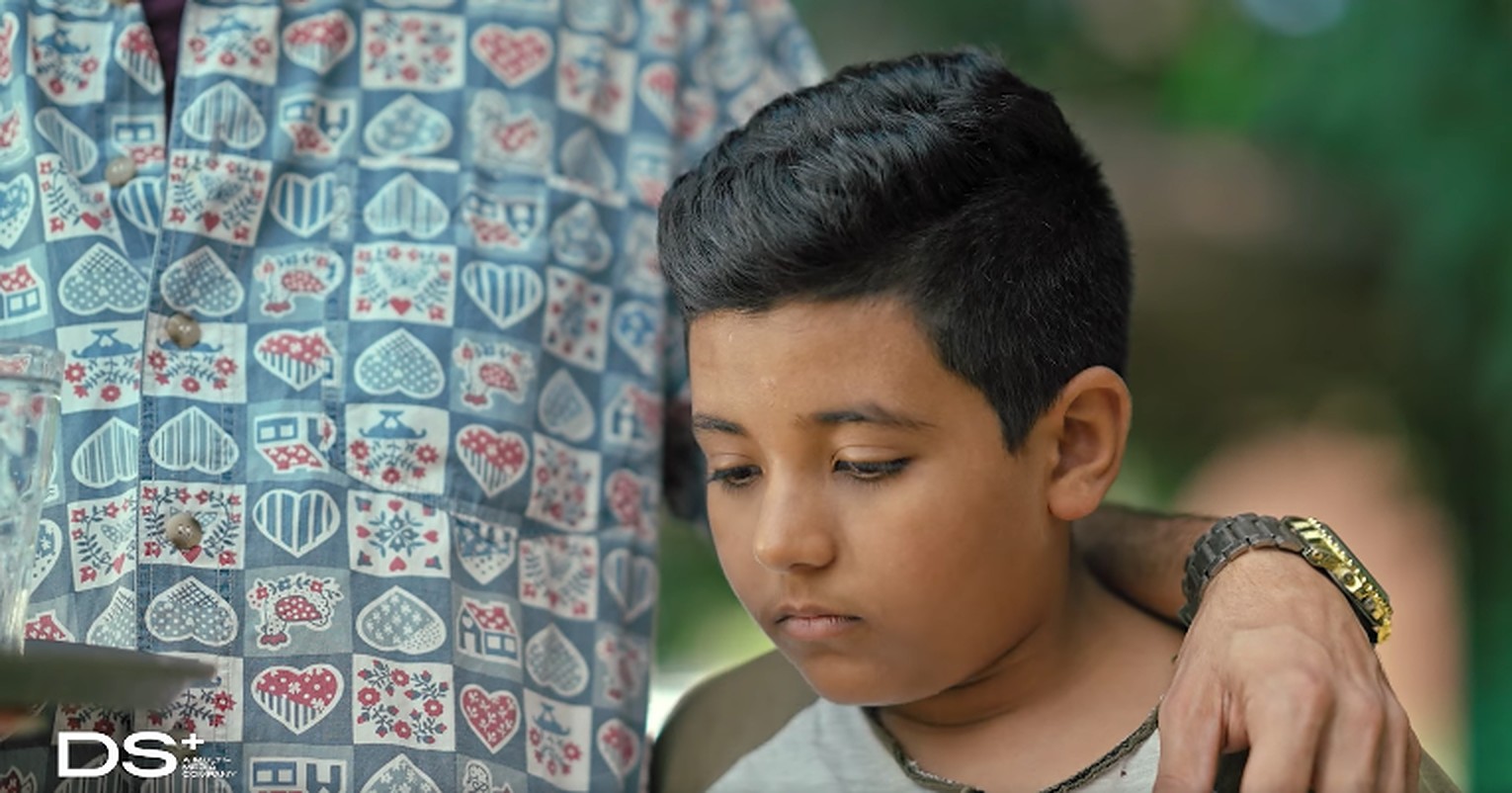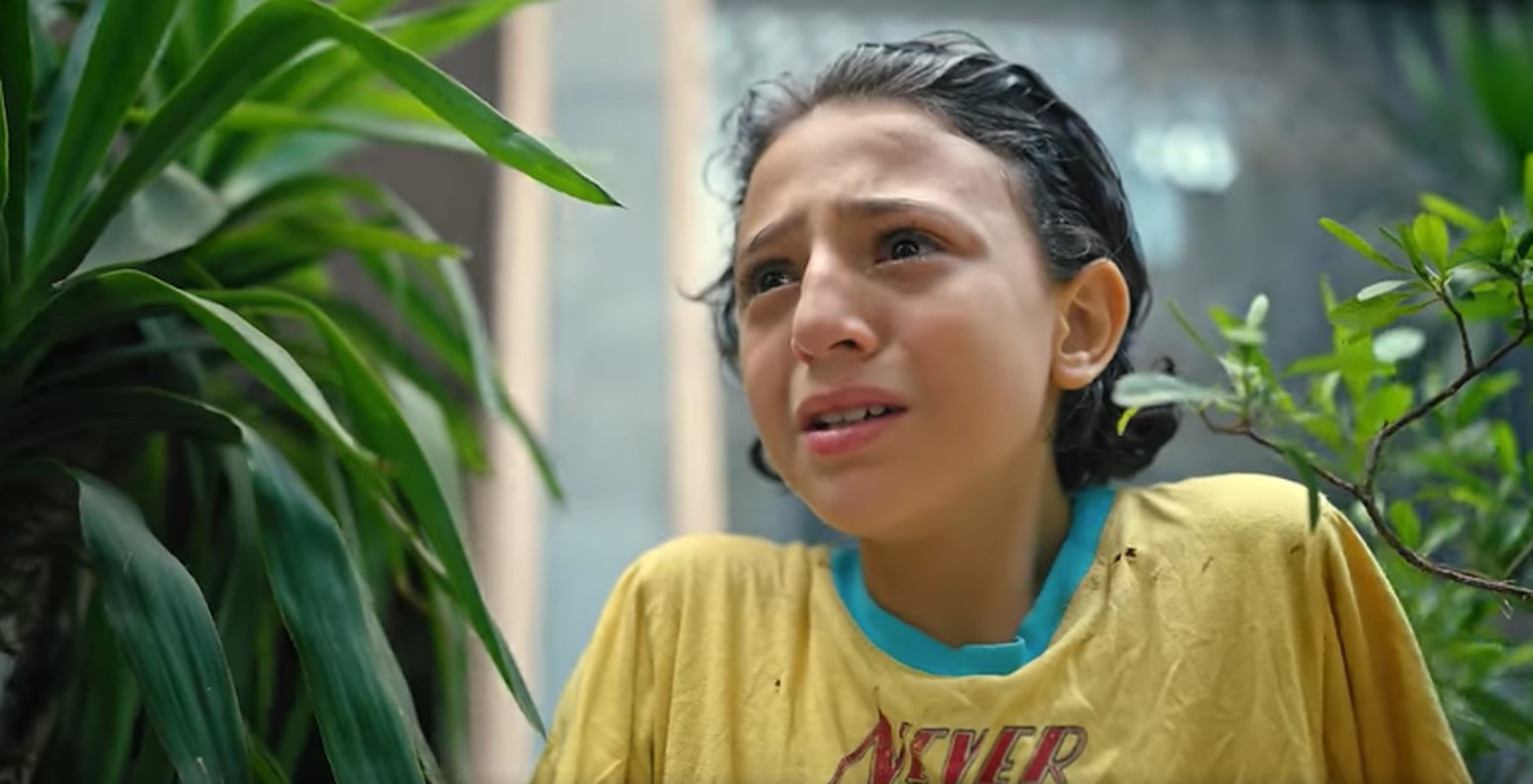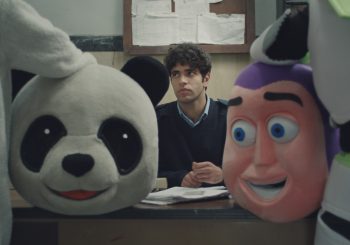
“I’m tired, I want to die,” Nael Mohamed, a 14 year-old Sudanese boy, once expressed after he was attacked by two Egyptians in the streets of Cairo. Captured in a video that was later uploaded to TikTok, the two men were seen throwing stones and mocking him for his skin colour and ethnicity.
After the incident sparked outrage on social media, a Giza court sentenced the two Egyptian men to two years in prison, and fined each defendant EGP 100,000 (USD 6,250 as at the time of publication).
However, this incident is not an individual case, but rather part of a wider cultural problem. While social media has helped to expose the ugly sides of Egyptian humour, there are few nationwide campaigns that treat this particular phenomenon as a much deeper challenge than just individual incidents.
Homaar (Donkey). Habla (Foolish). Kalb (Dog). Reading this words aloud without any context, it becomes clear for anyone that they are offensive. But in Egypt, they are commonly used as jokes.
Egyptian multimedia companyDS+ recently released the campaign “Da Msh Hzar” (This is Not a Joke), which exposes bullying culture in Egypt, and educates the public on the difference between joking and bullying and how it can have a grave impact on people’s mental health.
The company’s post alone generated over 3,000 shares and 2 million views, with mostly positive reactions that have applauded the campaign for being the first to raise awareness around such an issue.
“This is the first Egyptian advertisement that is actually needed for our society,” one commenter said.
“It is high time the media pays attention to the culture of bullying in Egypt,” said another.
In the opening scene of the video spot, a father is asked, “what is a joke?” to which the father replies, “when I call my son a donkey” — showing the extent to which some Egyptians are desensitised to insults.
Egyptians have earned the title of sha’b ebn nokta: a population raised on feel-good, quick comedy. A light heart (“dam khafeef”) is often used to describe those that are funny and can make the environment feel more lively, but this has often been used as a mask for people to hide their bullying tactics. Derogatory terms lose their true meaning between the jokes, to the extent that one cannot alwaysbe sure of whether it was said with light heartedness or with ill intention.
This nokta culture has helped to shape a power dynamic where jokes, scenes, and songs have normalized the sexual, political, and social violence against women, depicting them as merely light-hearted expressions. A notable example of this is Tameem Youness’s Salmonella, which turns a man’s threats against a girl who rejects him into a mere cheerful song.
However, while awareness campaigns are a good starting point, it is not enough to truly combat this issue. We have to move beyond awareness campaigns and shift to real legislation and court action to protect people’s mental health from verbal abuse, viewing it as not just a cultural problem, but as a public health issue.
Egypt has taken a number of legislative steps to combat bullying over the last couple of years. In 2020, Egypt outlined varying degrees of penalty and jail terms to criminalise bullying for the first time in Egypt’s history.
The draft amendment outlined a minimum prison term of six months and/or a penalty of EGP 10,000 to 30,000. The law also stipulates that should the offence be committed by a group, or if the offender is related to the victim in any way, penalties may increase from EGP 20,000 to EGP 100,000 and/or a minimum prison sentence of one year.
The impact of campaigns like DS+’s is not yet statistically clear, but many hope that it can shift mindsets and sow seeds of change, encouraging people to call out hurtful actions rather than let them easily slide.







Comments (0)